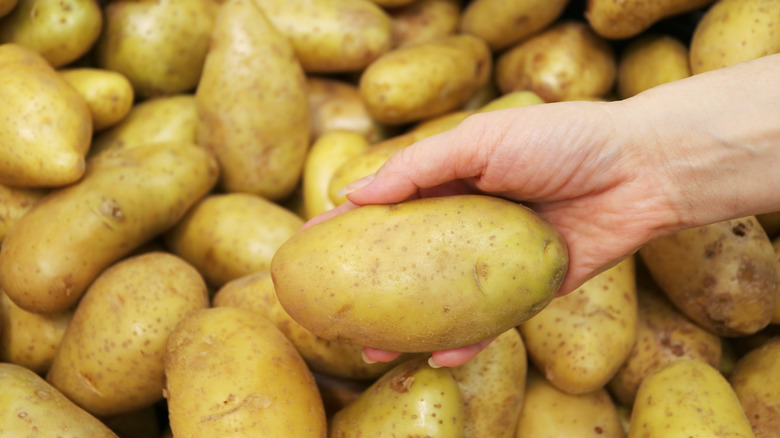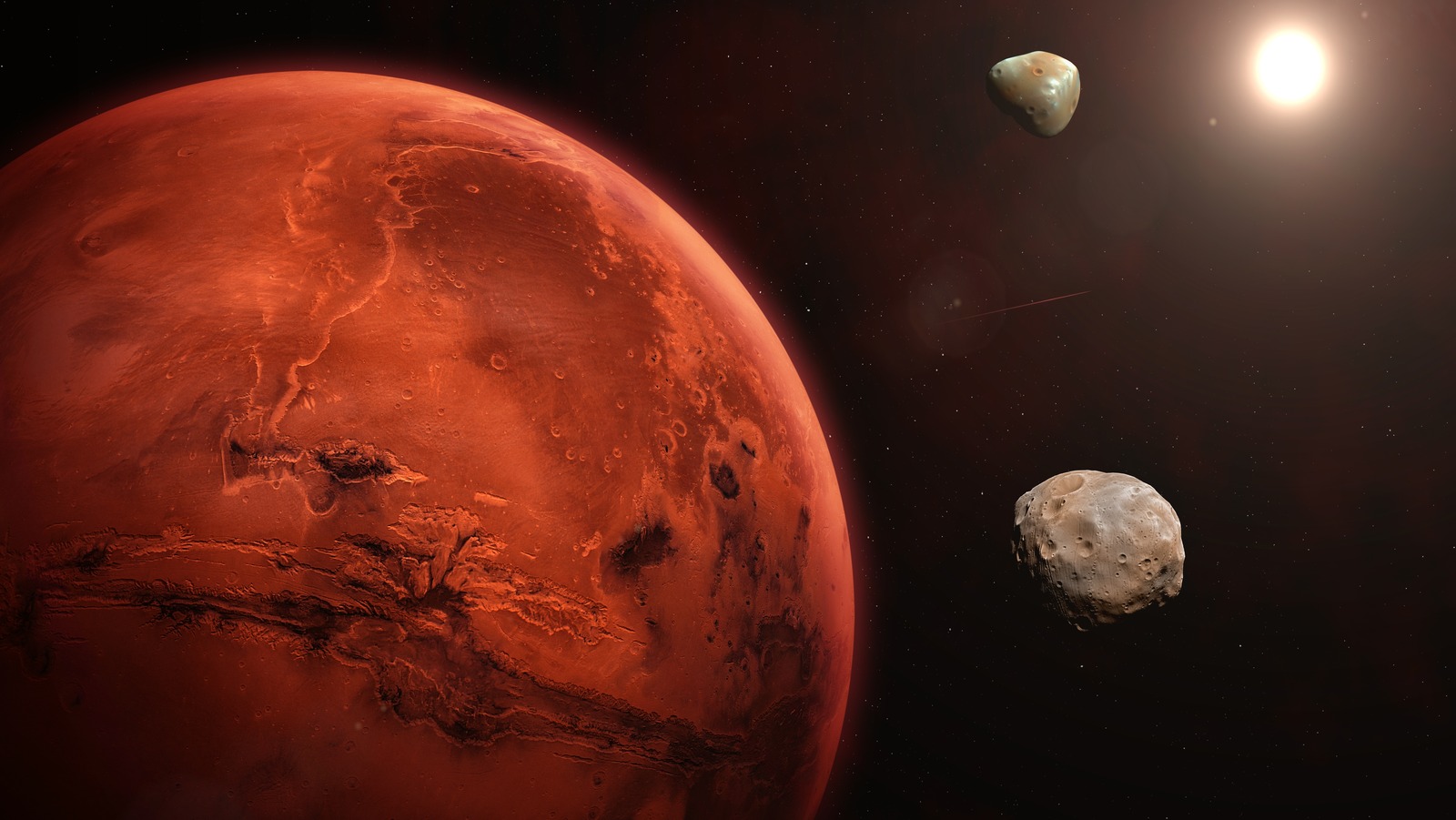New research has revealed an intriguing and unexpected discovery about potatoes. Despite being vastly different from the juicy, red fruits that we know as tomatoes, researchers say that the potato and tomato appear to share an ancient relative, and that potatoes actually evolved from wild tomatoes.
The research, which is published in the journal Cell, describes how the scientists analyzed over 450 genomes from cultivated potatoes and 56 from wild potatoes. Looking at that genome, they discovered that over 9 million years ago, wild tomatoes crossed with another ancient plant called Etuberosum. The two plants mixed using a technique called hybridization, effectively combining their genetic structures to create an entirely new plant.
The research is a landmark in understanding the origin of the potato and goes a long way toward showing just how creative natural evolution can be at creating entirely new species of living things. Further, without two very specific genes — one of which is found in tomatoes and one which is found in Etuberosum — the structure of tubers like potatoes would not be possible at all.
Ancient parents
The researchers say that we’re essentially looking at the parents of the modern potato. The wild tomato is the mother, while Etuberosum is the father. Together, they were able to work together to create an entirely new organ, which then expanded into its own lineage of plants.
It’s an exceptionally intriguing find that will only help us better understand how hybridization events like this helped shape the modern world of vegetables, fruits, and other plants. The researchers also note that potatoes inherited an especially stable mix of genes from both of its parents, allowing it to become a nutrient-rich plant thanks to its tubers, which also allow it to be a sturdy and resilient plant.
And the potato is exceptionally resilient. It’s one of the first plants we’ve proven could survive on Mars. Scientists have even used them to create potato-based concrete that could be used to build structures on Mars. But understanding where it came from can help us better unlock the history of our planet, something scientists have been working to do for hundreds of years now. And when it comes to the potato, its history and ancient parentage are anything but what we expected.











